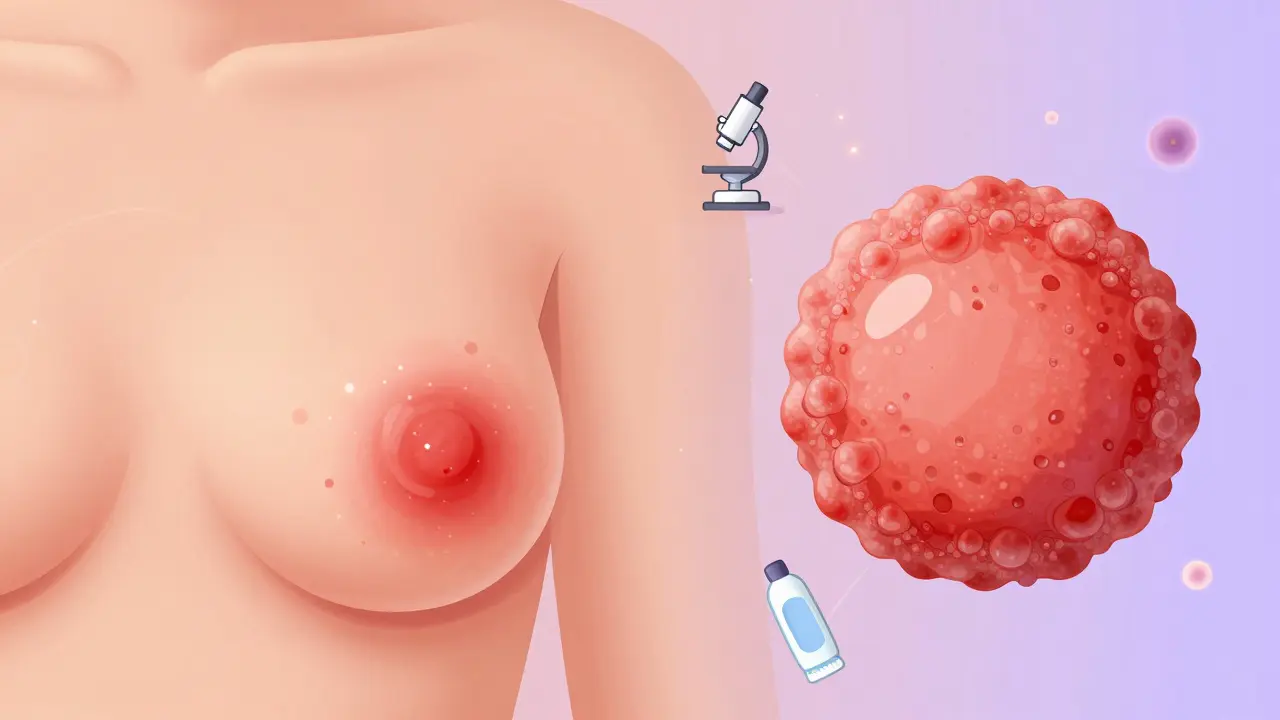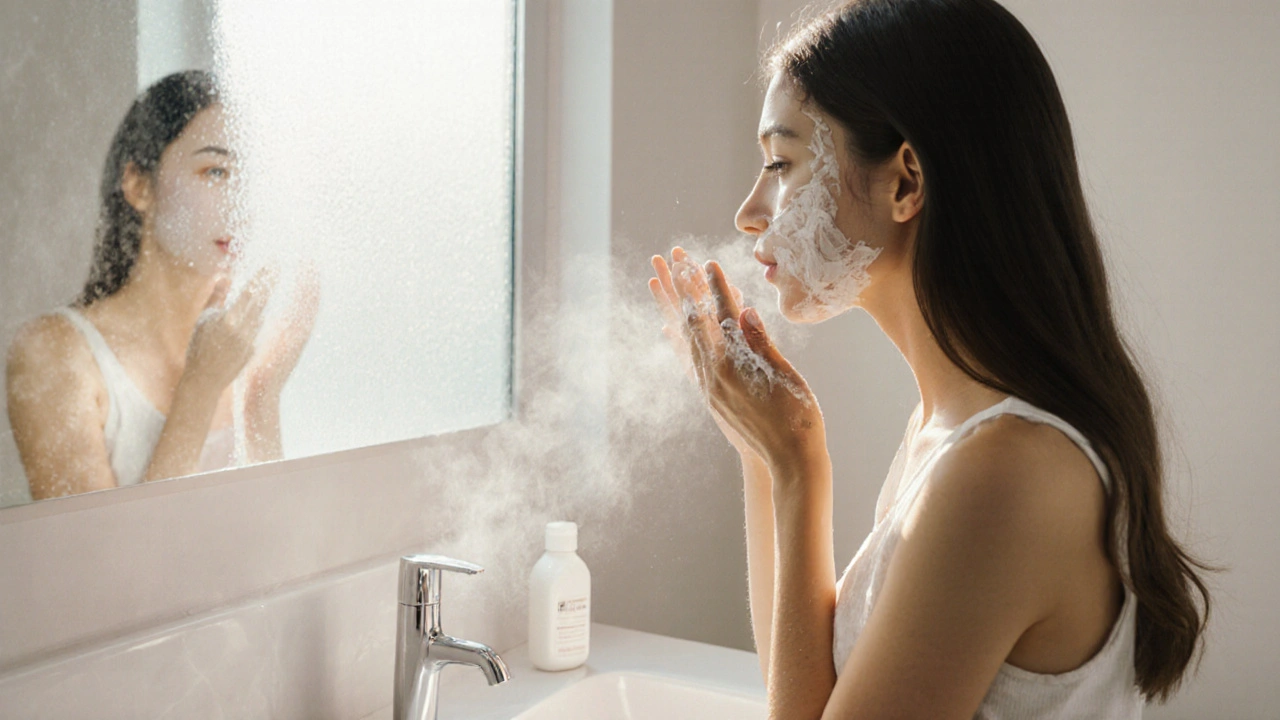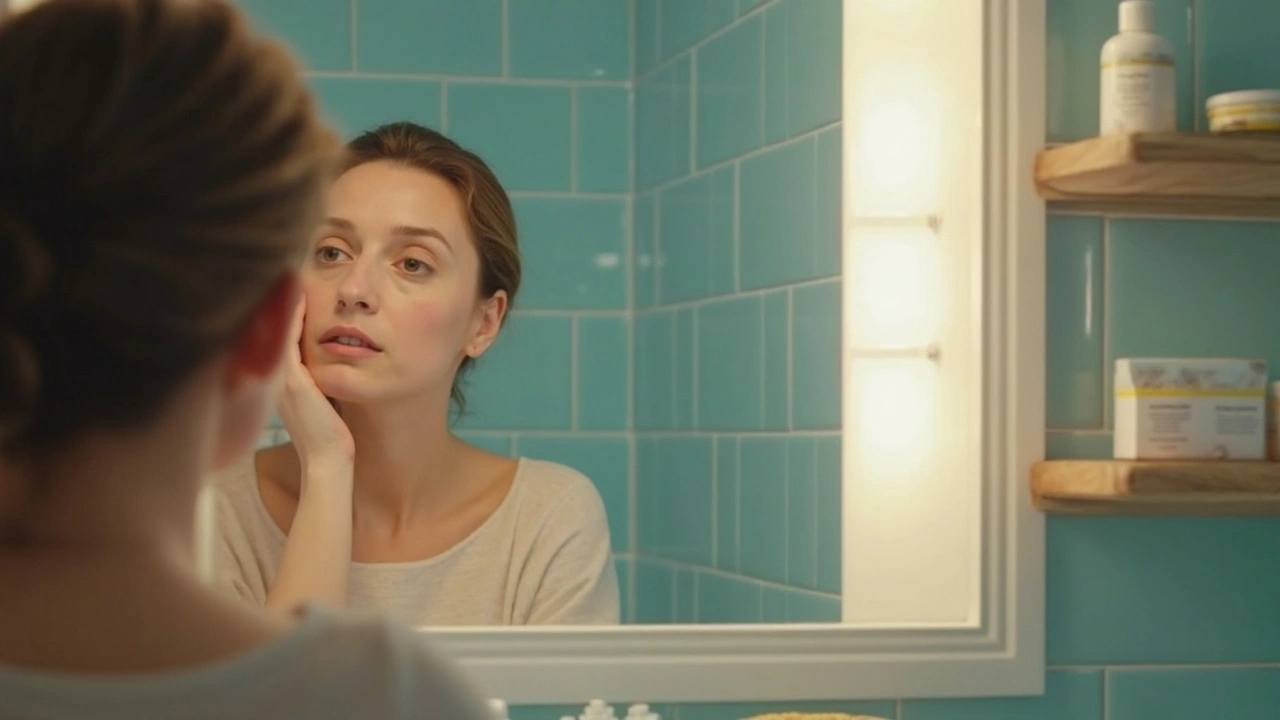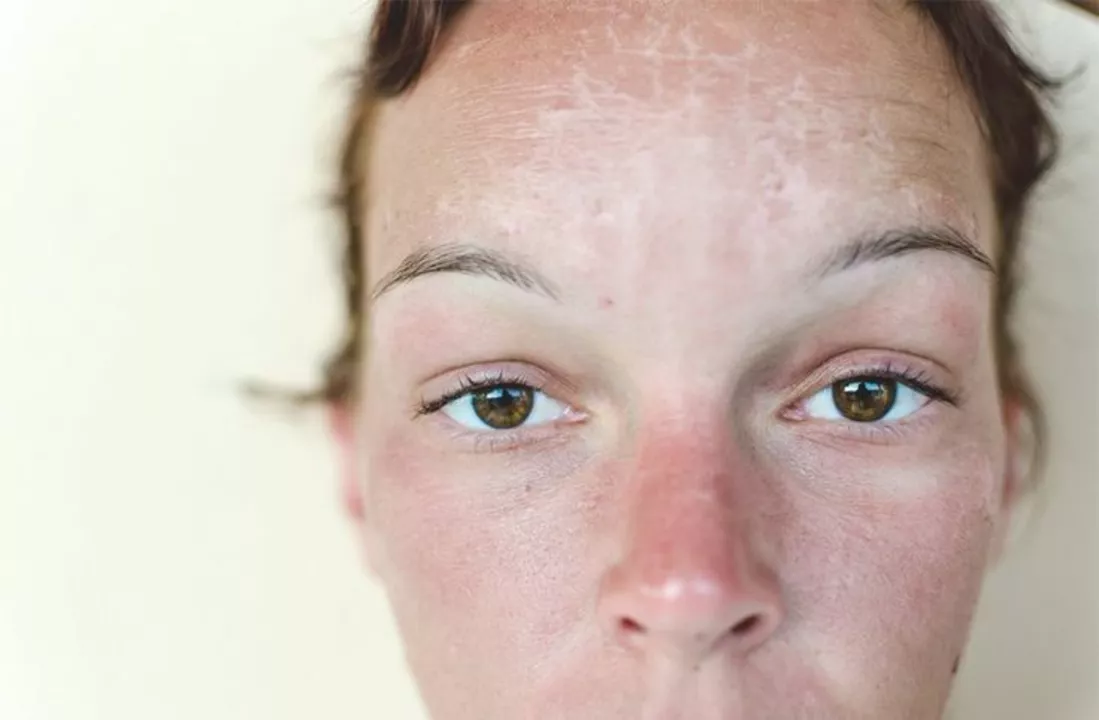Health and Skincare Essentials You Can Trust
Skin issues like melasma and rosacea can really affect how you feel every day. If you’ve been wondering about treatments, or how to protect your skin from sun damage and flare-ups, you’re in the right spot. Let’s break down what really works so you can make smart choices without the headache.
Understanding Melasma and Laser Treatment
Melasma shows up as dark patches, usually from sun exposure or hormonal changes. Laser treatment sounds like a quick fix, but it’s not magic. Different lasers target pigmentation differently; some can lighten the spots while others may irritate your skin. Many find lasers helpful, but results vary and risks like redness or worsened pigmentation aren’t rare.
Before booking a session, it’s good to weigh laser options with a skin specialist and consider other treatments. Some people combine creams with laser to see better effects. Remember, protecting your skin from the sun daily can stop melasma from getting worse.
Sunburn, Rosacea, and Everyday Skin Protection
If rosacea flares up every time you get sunburned, you’re not alone. Sunburn can trigger those painful redness and swelling episodes. Sunscreen isn’t just a choice—it’s your best defense. Look for a broad-spectrum sunscreen with at least SPF 30 and apply it liberally and often, especially if you’re outside.
Wearing hats and loose, long-sleeve clothing also helps keep your skin safe without fuss. Besides protection, knowing your rosacea triggers—like heat, spicy food, or stress—can help you avoid flare-ups. When symptoms hit, there are gentle creams and medications that can calm your skin, so don’t hesitate to talk to a doctor about the right treatment.
Taking care of your skin doesn’t have to be complicated. A little knowledge and simple habits go a long way to healthier, happier skin every day.
Fungal Skin Infections: Candida, Ringworm, and Antifungals Explained
Fungal skin infections like Candida and ringworm are common, often misdiagnosed, and require specific treatments. Learn how to tell them apart, what works, and why they keep coming back.
Top Acne Treatments for Teens: Proven Options That Actually Work
Discover the most effective acne treatments for teens, from OTC basics like benzoyl peroxide to prescription options, plus lifestyle tips and when to see a dermatologist.
Plaque Psoriasis at Work: Career Impact, Rights, and Practical Fixes
Plaque psoriasis can strain your job, pay and promotion. Use UK rights, smart routines, and treatment choices to protect your career and feel better at work.
Melasma and Laser Treatment: Is It Effective?
Thinking about laser treatment for melasma? This article breaks down what melasma is, how laser therapy works, and what you can realistically expect if you're considering going down this road. Learn about the different types of lasers, the results people often get, what risks are involved, and some tips if you decide to try it. You'll also find out why lasers aren't a magic cure for everyone and what other options might help.
Sunburn and Rosacea: Managing Flare-Ups and Protecting Your Skin
Sunburn and rosacea can be quite troublesome, but managing flare-ups and protecting our skin is possible with the right approach. In my latest blog post, I discuss the importance of using sun protection, like wearing sunscreen and protective clothing, to prevent sunburn-related rosacea flare-ups. I also cover various treatments and lifestyle changes that can help manage rosacea symptoms. Staying vigilant about skincare and knowing our triggers can make a significant difference in maintaining healthy skin. Check out my post to learn more about keeping your skin safe and minimizing flare-ups!





